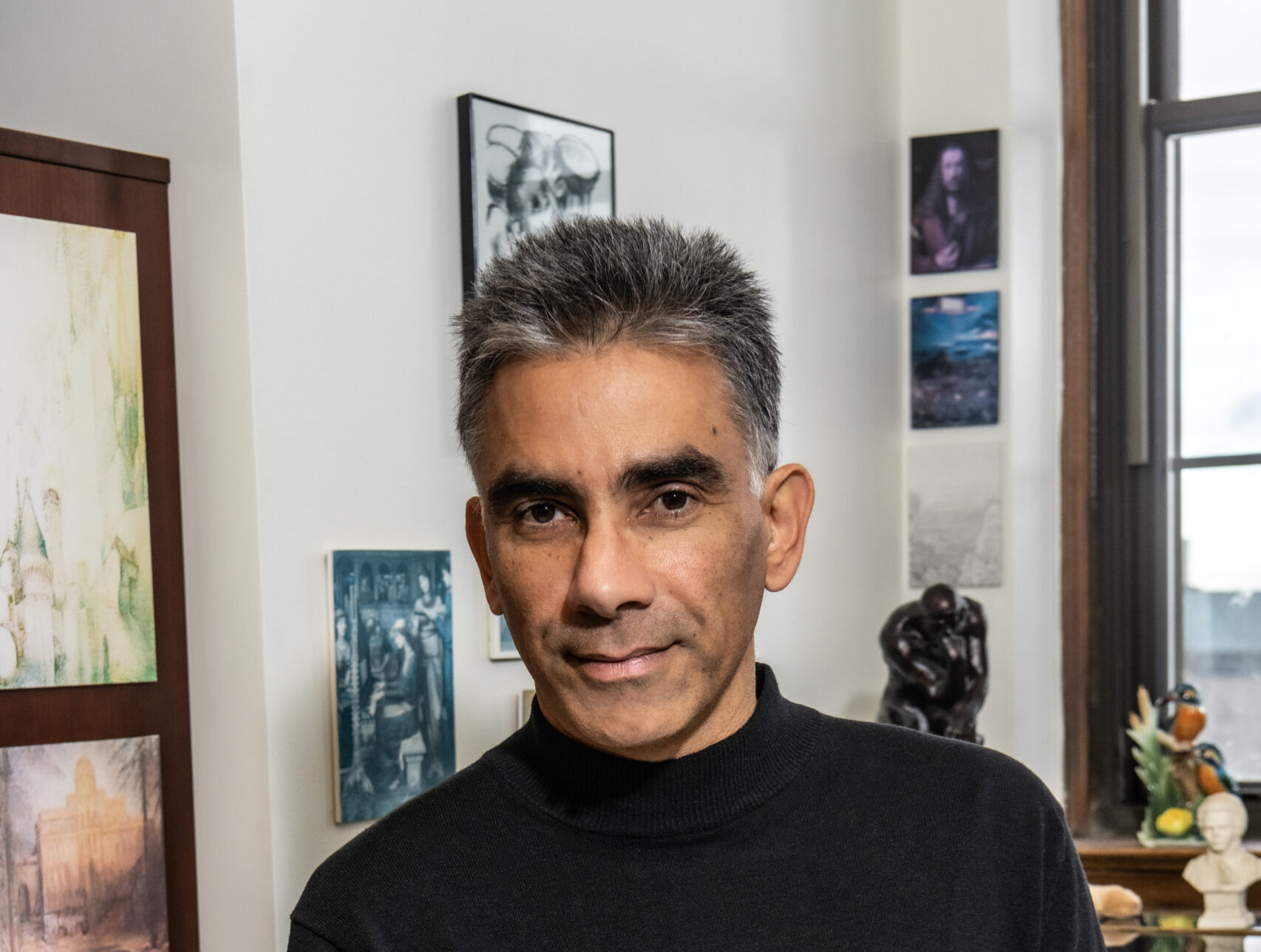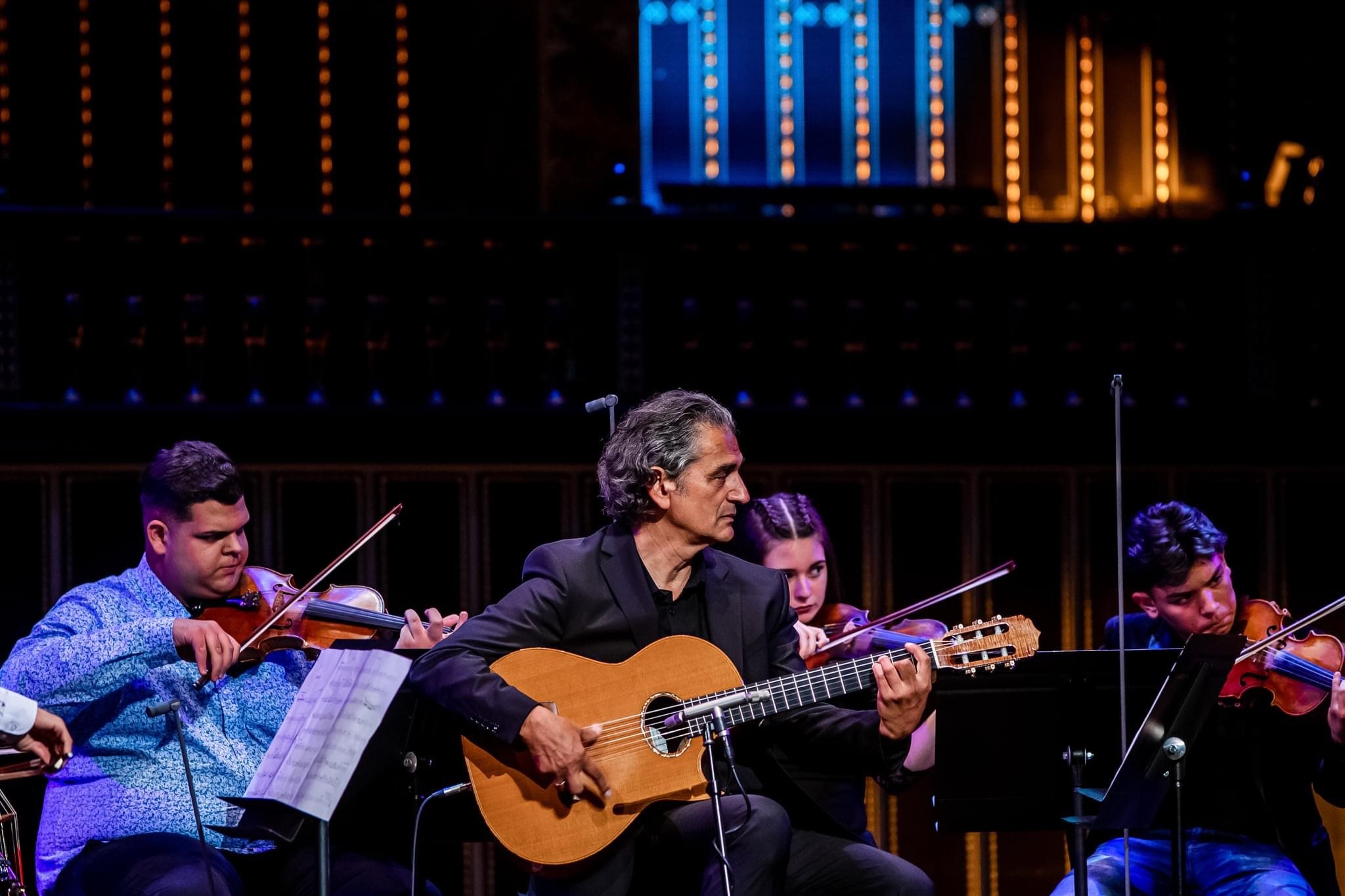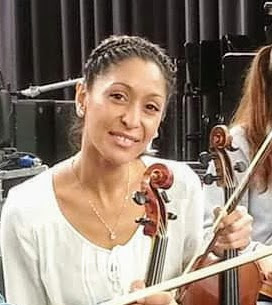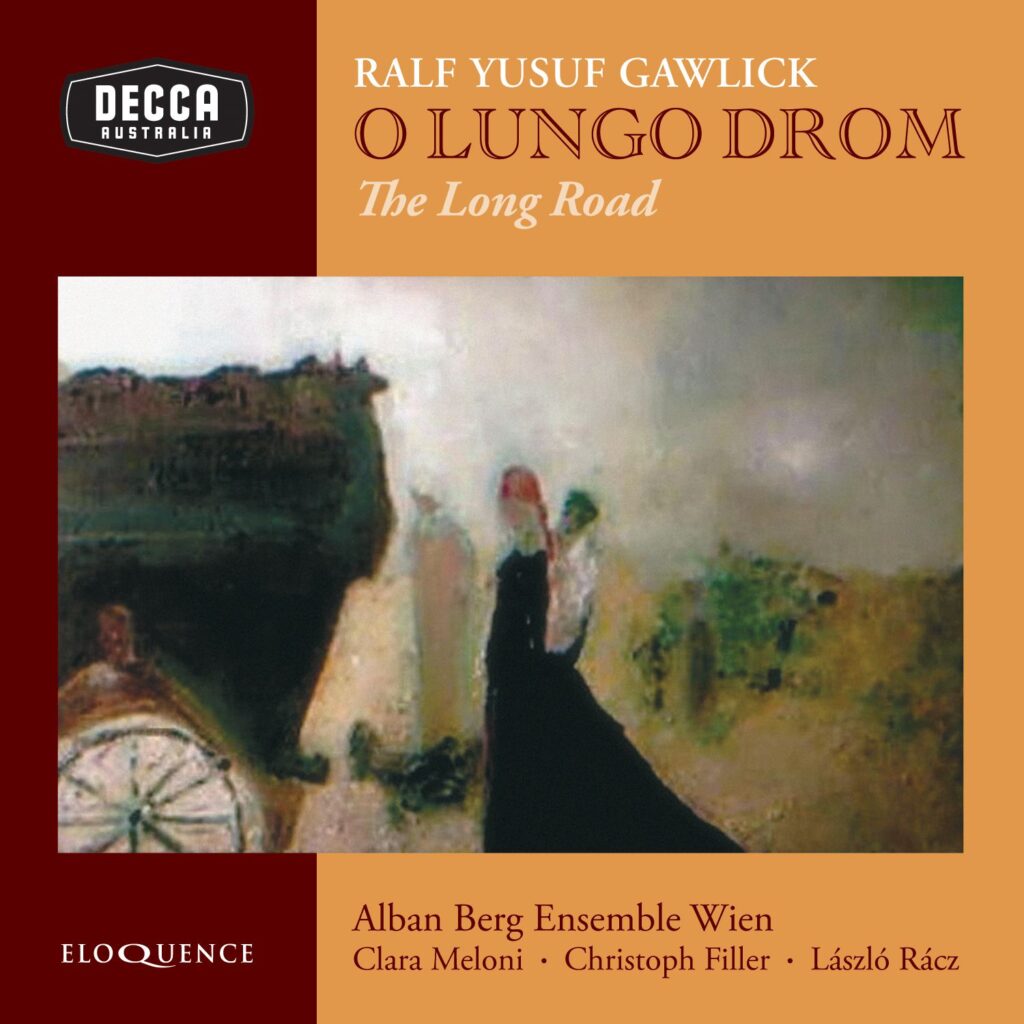Ralf Yusuf Gawlick, composer and professor at Boston College © Lee Pellegrini
The Long and Boundless Road
Inspired by Ralf Yusuf Gawlick's O Lungo Drom (The Long Road), an oratorio on the Sinti and Roma people, classical pianist and author Simon Tedeschi reflects on the power of art in LIMELIGHT, a Music, Arts & Culture Magazine.
By Simon Tedeschi on 20 May, 2024
A few years ago, a friend said something that stuck in my mind. The music being written today, he said, has no common style; there is no longer any unifying ‘movement’ to speak of.
This rang true: given that we live in a world of limitless perspectives, it stands to reason that classical music has followed suit.
But once in a while, there emerges a composer who reminds me that no matter how many times the death of classical music is portentously announced, ‘new’ music, with its uncanny knack of telling us what we already know, bursts into the atmosphere like a comet, tracing the contours of the future and becoming, as American literary critic Harold Bloom wrote, “a mode of originality that either cannot be assimilated, or that so assimilates us that we cease to see it as strange.”
For my money the composer Ralf Yusuf Gawlick fits firmly in this category. His oratorio for soprano, baritone and chamber ensemble, O Lungo Drom (The Long Road), is a work of great power that speaks directly to some of the problems confronting our culture.
It was written for the Alban Berg Ensemble Wien, which premiered it in Berlin in 2022 and then recorded an album, released by Decca Australia/Eloquence in March this year.
Gawlick’s life has prepared him for this moment. Up until the age of 40, he believed that he had been born to a Kurdish mother who had relinquished him into the care of his adopted mother, a Caucasian German woman. But in a story spanning a string quartet, nine years of travel from Boston to Istanbul, the exhuming of old records and listening for clues in conversations, he discovered that his biological mother was not only living in a small village overlooking the Black Sea, but Romani.
This was only the beginning, for with his discovery came a renewed determination to use his talent and education, both only available to him by virtue of two women’s sacrifices, to craft the musical journey of a people.
And so O Lungo Drom was born, a hymn of tears and jubilation, a mosaic of ghosts and those who remained, a refusal to relinquish the cries of the dead. For even now, with all we know of the 20th century, the Porrajmos or ‘the harrowing’ – the word the Romani people use for their near-obliteration at the hands of the Nazis – is still not spoken of with sufficient force. There is so much more to say, and my hope is that this oratorio, a long and boundless ‘road’ along the path to historical redemption through the void of near annihilation, is a reclamation of both past and future. For art at its greatest ebb is not merely a beholding of truth but an ongoing treaty with time.
O Lungo Drom is structured in three sections: Ascent, Nadir and Vista, incorporating the words of 13 poets in 10 languages and dialects. Most striking are the recurring motifs which, to me, hang in the air like obsessive traces: the Totentanz, or Dance of Death, recalls the open wounds of history that, defying the slick notion of ‘closure’, refuse to heal cleanly, reaching out across the decades with grief and terror, demanding recompense for past deeds.
After all, how can there be any clean breaks in time when art itself was co-opted as an accomplice in the greatest atrocity in modern history? As Franco-American literary critic and essayist George Steiner wrote, “We know now that a man can read Goethe or Rilke in the evening, that he can play Bach and Schubert, and go to his day’s work at Auschwitz in the morning.”
It is from this very antagonism that O Lungo Drom derives much of its power. Erschütterung (meaning shock or trembling) was a term used by German Jewish philosopher Walter Benjamin to describe a visceral response to the modern city, in which startling new technological innovations allowed not only for film and music to be mass-produced but entire races to be annihilated with mechanical precision.
This was the first word that sprang to my mind when listening to Lili Marleen, the final section of Nadir. Upon being ushered into the camps, the Romani prisoners twisted this love song, the most popular of World War II, into a snarling paean to the unimaginable: “Angekommen sind wir im Auschwitz-Paradies (Arrived we did in Auschwitz paradise).” It is these very words that Gawlick has set to music, using the same melody. Upon listening, my first reaction was shock; I was unable to make sense of what I was hearing. Killing as kitsch? How was I meant to feel?
But after a few minutes, I began to feel dawning on me a quiet complicity followed by a silent smile. For what is the darkest joke but a sudden apprehension, a spasm of recognition, the sublime in its most shocking import?
This is a somewhat different but related conception of shock, for Erschütterung was used much earlier by Kant to describe the ‘tremor’ of the sublime, the feeling of awe when we are in the presence of the infinite. When we are transported by a piece of music or poem, it can feel painful because we are reminded of our own finiteness. To be sublimated is to be taken away from all that we are sure we stand for, all markers of identity and purpose, the stories we tell ourselves. It is to be undone and then remade. It is to change our minds about everything we thought we were.
For as the titular protagonist in Siddhartha by Hermann Hesse (a writer both I and Ralf love) came to realise, far from being a mode of ascetic severity, to live is to plunge into the vast vat of existence, to delve into the immense terror of presence. Isn’t this what we all secretly want? We are richer for this shudder of knowledge, for like an elderly person who, remembering the pain of relinquishing their child, sees on their body a colloquy of lines speaking to a life lived in pleasure and pain, [we realise] life is not merely a banal notion of ‘lived experience’ but rather experience-as-lived. Art can be a lightning rod, a restorative for what ails us today, with the increasingly narrow, straitened landscapes of public commentary, unremitting growth and exploitation.
And this is how O Lungo Drom speaks to me now, a quarter of the way through the 21st century, living in a world both deadened to and dependent on shock, poised once more on the paradox that with infinite perspectives flow only base certitudes and clannish hatreds. Deep down perhaps we fear that we have been stripped of the future promised to us.
But listening to O Lungo Drom did for me what only art can do: it forced me to reorient my emotional compass, primed me towards a sense of discovery and reminded me that to live is to be uplifted by the shock of the sublime as it works its way through us. For I am convinced that art need not trail behind us but must lead the way.
O Lungo Drom is, I feel, more than just another piece of new music to be ‘consumed’; it is an invocation to defy the exigencies of our culture with its hot takes and typologies. It is a work that corrals us into its spirit, permitting us if we are sufficiently open to be active in its very generation. As Australian conductor Richard Gill once entreated a group of kids, “I don’t want to know whether you like this piece of music or not; I want to know what it makes you feel.”
I believe that art must live through and by us instead of serving us, and so, our lives enriched, we may be remade into more sensible, sensitive beings. To me this is the true morality of art. Trembling, we feel our way through the abyss, allowing ourselves to pass into deeper and more vital strains of human experience.
O Lungo Drom (The Long Road) by Ralf Yusuf Gawlick is available on the Decca Australia/Eloquence label.
© Limelight Arts Media Pty Ltd
This article originally appeared in Limelight’s June 2024 issue and has been republished with their permission. Read the original article at https://limelight-arts.com.au/features/the-long-and-boundless-road/
Music for Remembrance

The Long and Boundless Road
Inspired by Ralf Yusuf Gawlick’s O Lungo Drom (The Long Road), an oratorio on the Sinti and Roma people, classical pianist and author Simon Tedeschi reflects on the power of art in LIMELIGHT, a Music, Arts & Culture Magazine.

Ferenc Snétberger
Hungarian Guitarist/Composer

Scarlett Adler
German Sopranist

Lutvija Antic
Serbian Violinist

Natasa Tasic Knezevic
Serbian Sopranist











